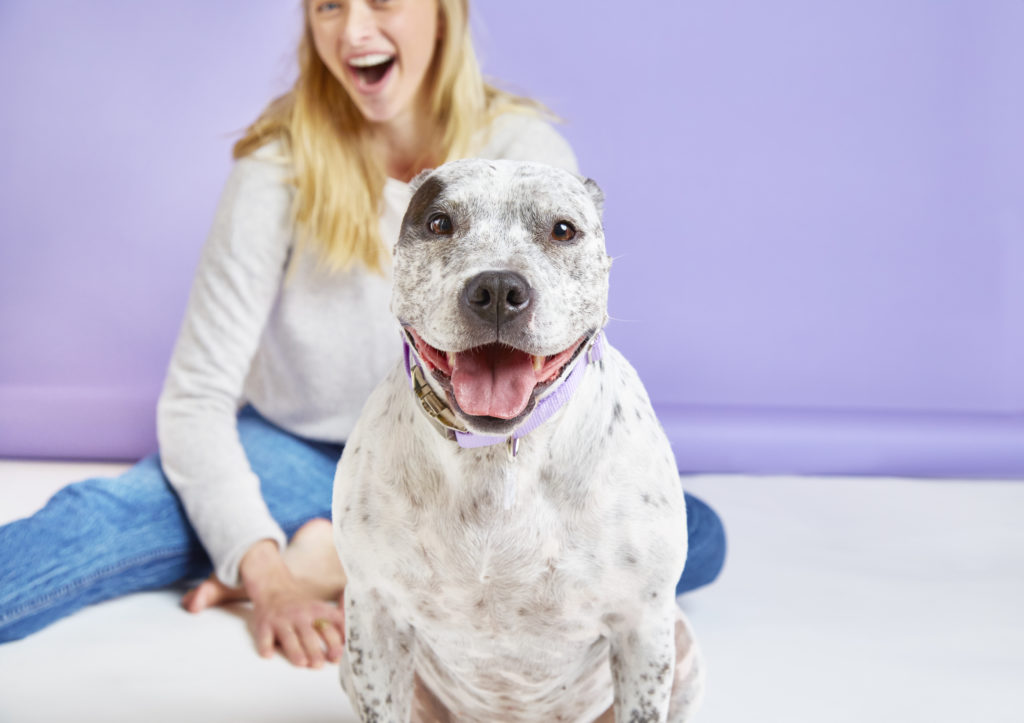Melatonin is a popular supplement, mainly used for sleep aid and restlessness. We know it has been effective in a majority of humans, but are there any uses for melatonin in dogs?
Table of Contents
Melatonin Usage in Dogs
Melatonin has been used to treat a variety of conditions in dogs, but most prevalent are sleep disorders and alopecia (non-allergic hair loss). Supplements like Melatonin are sold over the counter; however, they do affect your dog’s biological responses. For this reason, you should still consult your veterinarian before purchasing or trying a melatonin product for your dog. If you have a dog who has trouble sleeping, trouble sleeping consistently, or suffers from hair loss (alopecia), melatonin could be a viable option.
How is it given to dogs?
Much like its human counterpart, melatonin for dogs is administered orally and will come in capsule or liquid form. It can be given with or without food and should start taking effect within 2 hours. Although it is less common, melatonin can also be implanted under your dog’s skin (by your veterinarian). This procedure seems to be most popular with pet owners trying to treat their dog’s unnatural hair loss, rather than strictly a sleep aid. It may also be a good choice for those dogs who may not accept melatonin orally.
Has it been proven?
Studies on dogs and melatonin are limited. So, like many dietary supplements for dogs, melatonin can be largely subjective in terms of its effectiveness. Some pet owners report positive results, some report nothing. However, in the studies that have been conducted, evidence has shown that melatonin is indeed effective in addressing behavioral issues, sleep issues, and alopecia in dogs.

Safety & Side Effects
As is the case with any medication or supplement that does not have overwhelming scientific research and evidence, you should proceed with precaution. This is not to imply melatonin may be dangerous to your dog, it almost certainly will not be, but it is important to check all the boxes.
Side effects in dogs have been classified as “uncommon”, but they do include sleepiness, weight gain, and changes in infertility. Melatonin is a short-lived supplement biologically and should be cleared from your dog’s system within 24 hours of taking it. If your dog has underlying medical conditions, it is especially important to consult your veterinarian. If you have a pregnant dog or a very young puppy, you should try and avoid using melatonin. Although it is rare, some dogs can also be allergic to melatonin. Be sure to double-check with your veterinarian before moving forward!
Drug Interactions
No matter the type of supplement or medication, prescription or over-the-counter, they have the potential to interact with each other (sometimes negatively). This is a common theme when discussing supplements or medications and can get a bit tired, but here is another reason consulting your veterinarian is of the utmost importance. Before you start melatonin for your dog, go through the list of current or planned medications your dog is taking. Your veterinarian will be able to go through each one and explain the potential interactions that could occur.
Should I try it for my dog?
Hopefully, with the brief overview of melatonin provided here, you will feel more comfortable and informed in your decision-making process. If you notice your dog is having trouble sleeping or is suffering from non-allergic hair loss, melatonin could be an effective solution!
References:
https://vcahospitals.com/know-your-pet/melatonin









